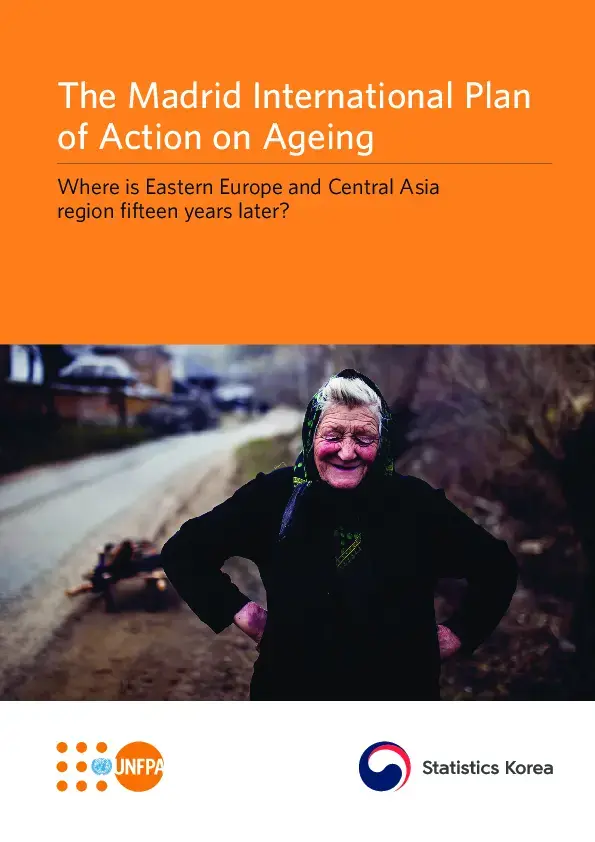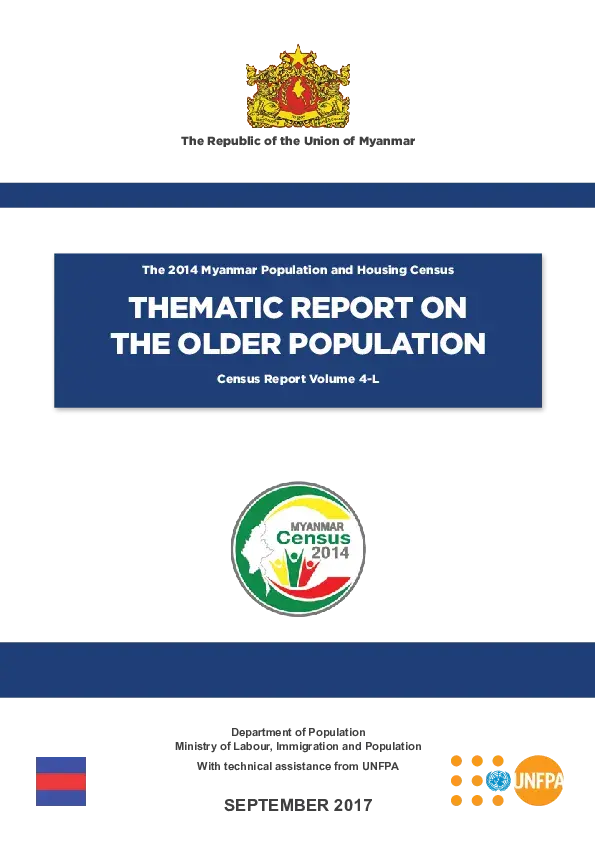No. of pages : 39
Publication date : 01/11/2016
Author : Du Peng
China’s population is experiencing a rapid transition towards a greater proportion and number of older persons. China shows a relatively good comparative position in terms of the wellbeing of older persons, on the basis of the latest 2015 Global AgeWatch Index. However, this study shows that despite unprecedented economic progress, major disparities persist between urban and rural areas, between the wealthier Eastern coast and the poorer Western and Central regions, and between men and women.





